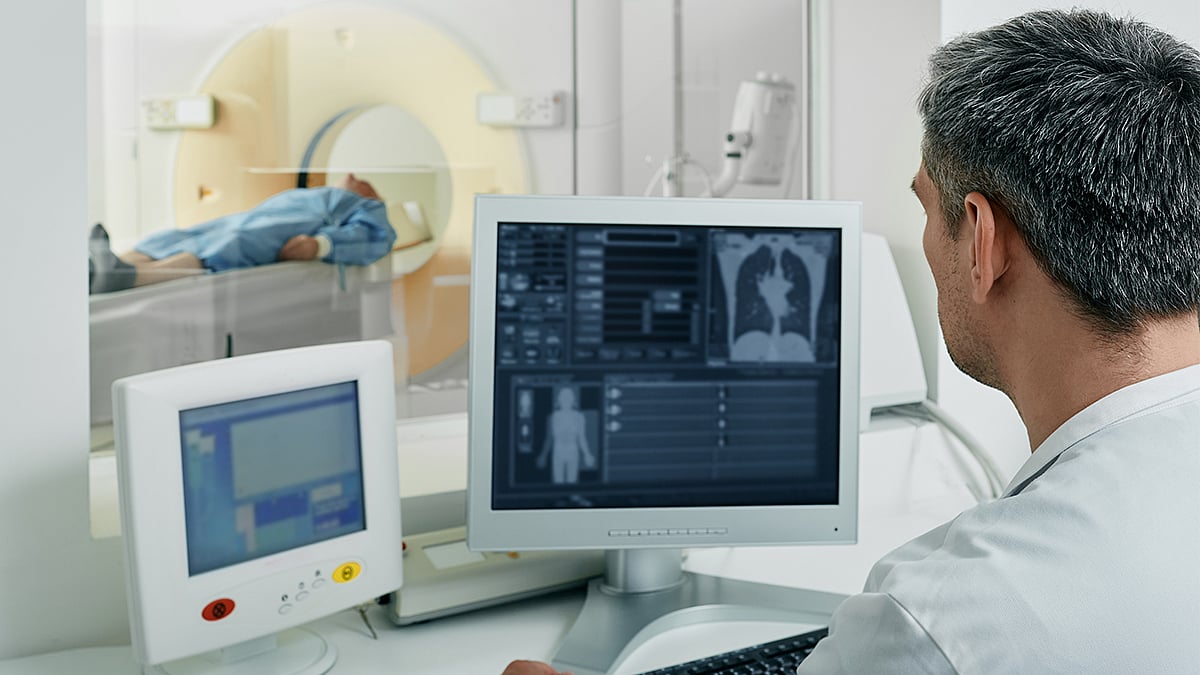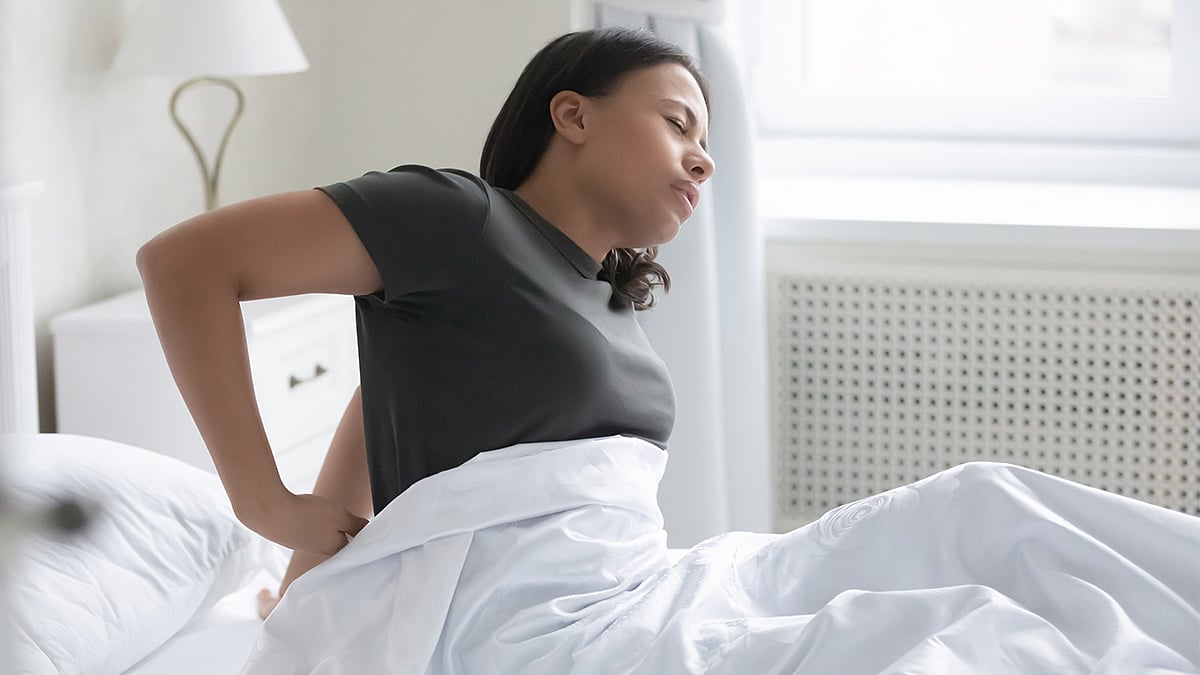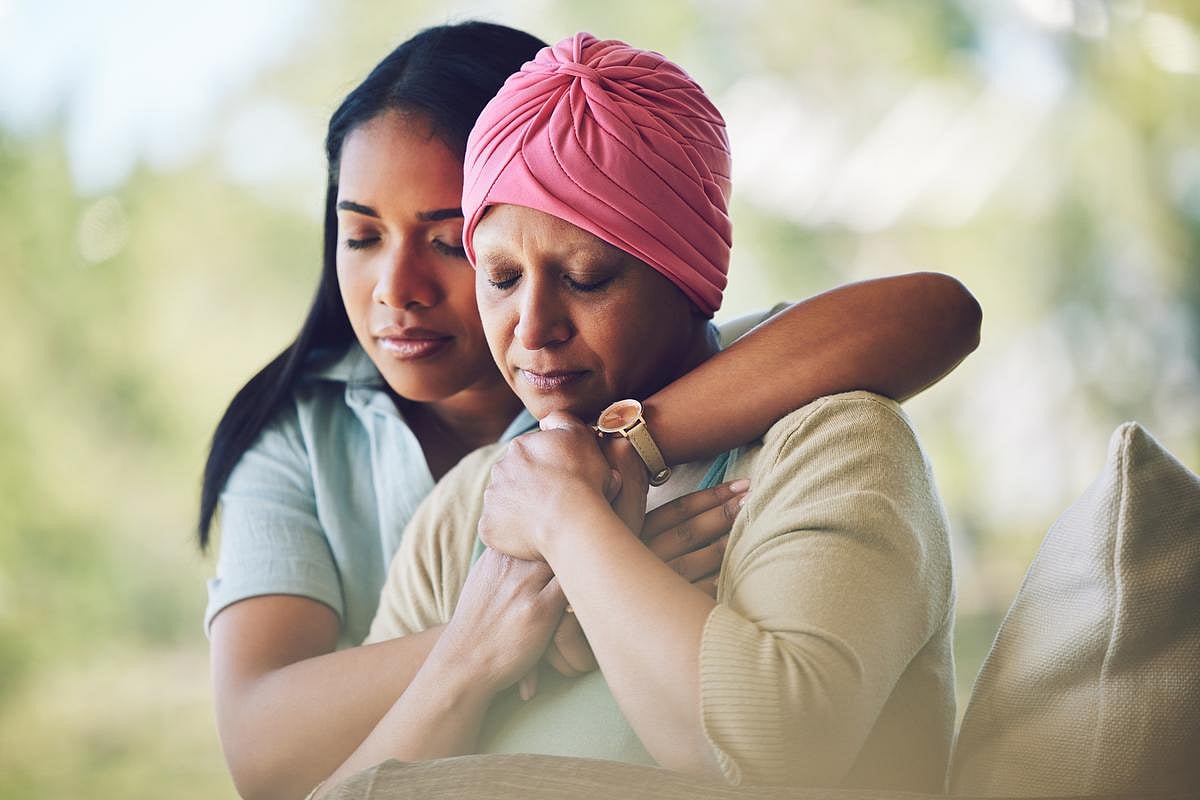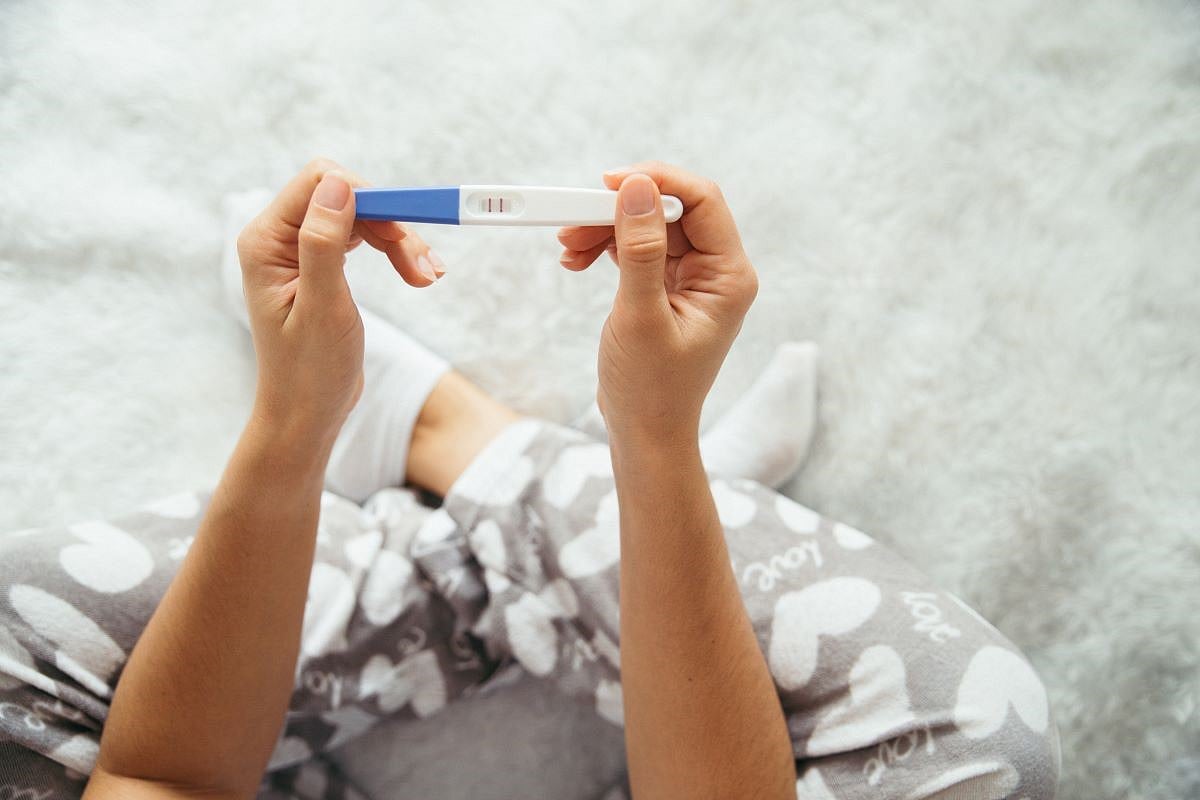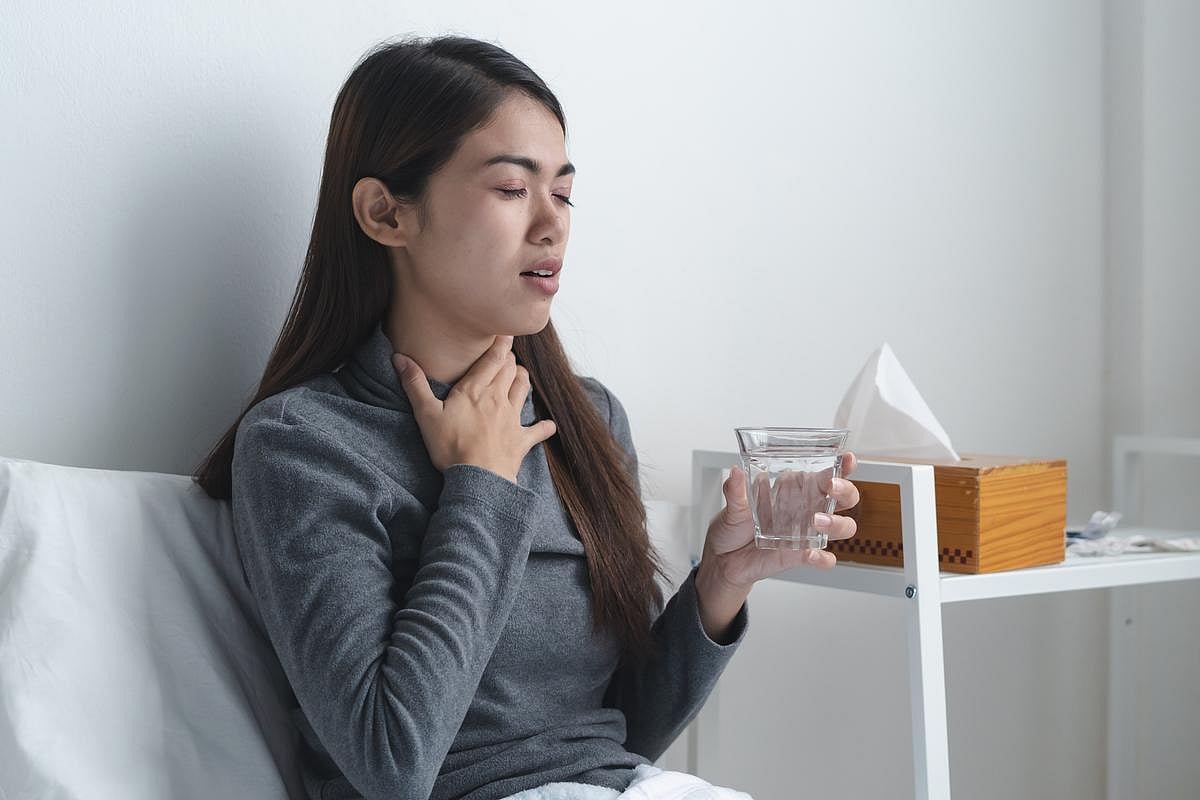
Flu season is in full swing, making it more important than ever to take steps to protect yourself and your loved ones. Dr. Priya Soni, a pediatric infectious disease specialist at Cedars-Sinai Guerin Children’s Health Center in Los Angeles, shares what to expect this season and how to stay healthy. What type of flu activity… read on > read on >










